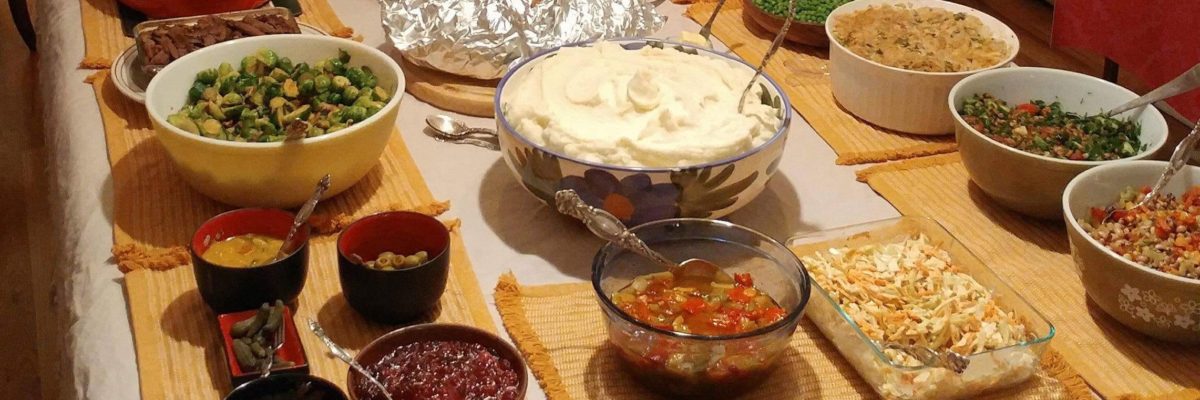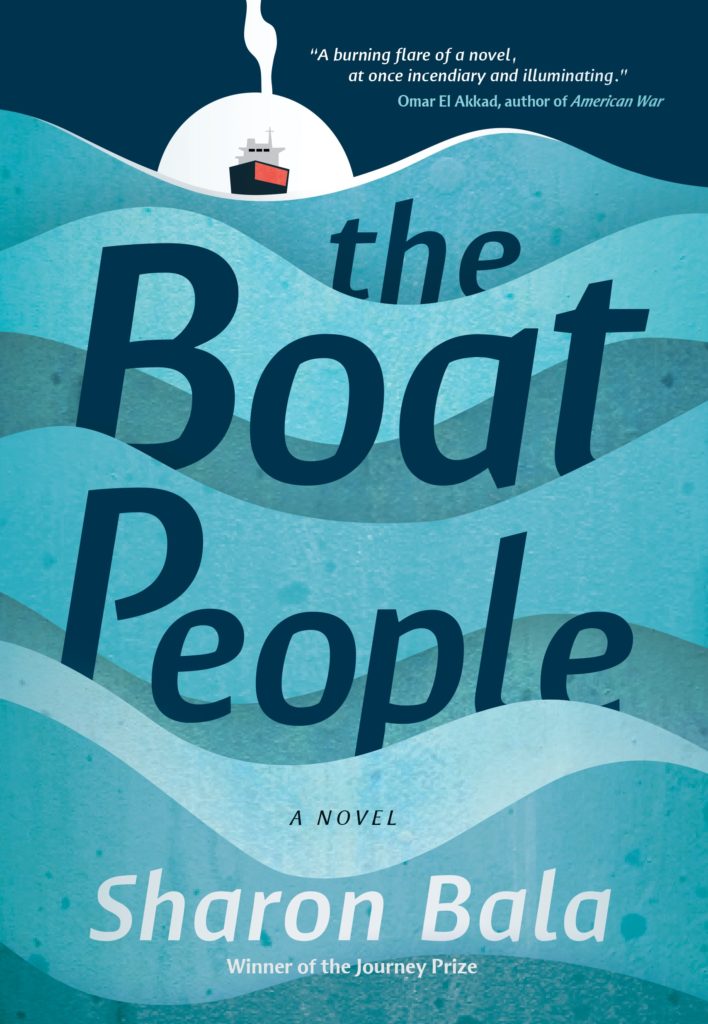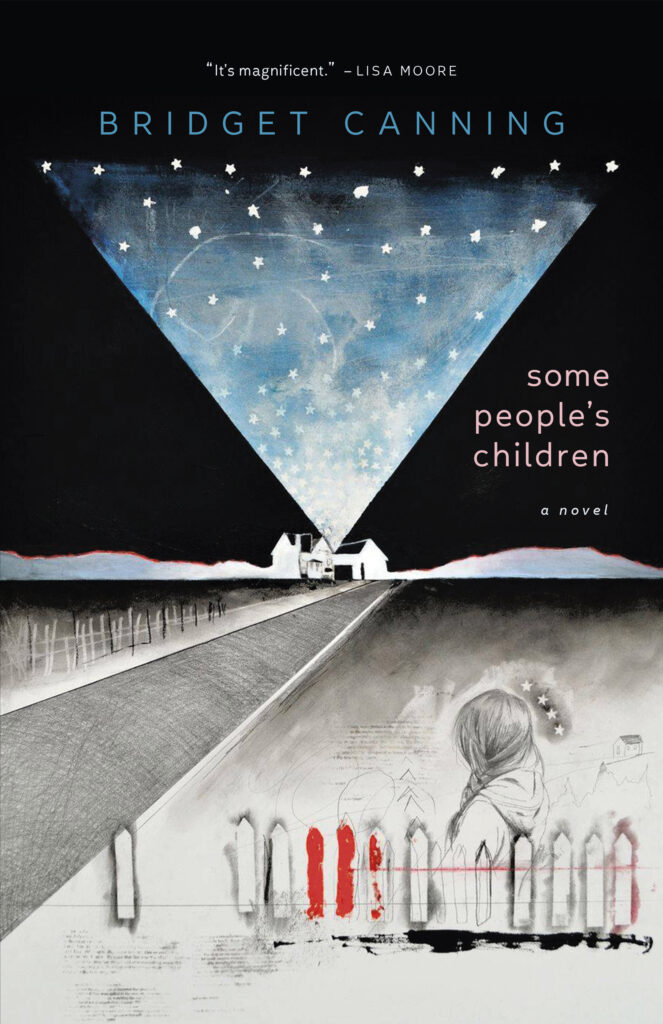Yanksgiving in Newfoundland
BY Emily Deming
November 2017
In late November of 2010 in St Johns there were no sweet potatoes to be had. But I could get alligator at The Fish Depot, and fresh okra appeared for one week at the Dominion. So I made alligator gumbo instead. And chuckley pear cobbler is as good or better than peach, and I can always substitute bourbon for aquavit in the Glögg. No big deal.
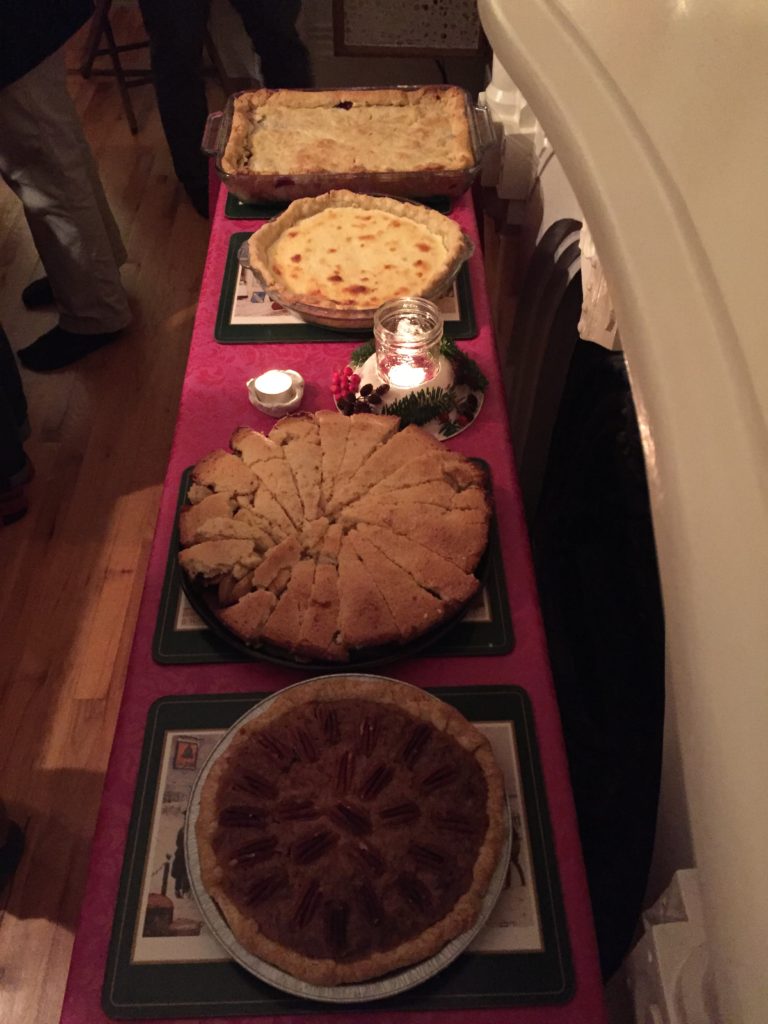
Pie as far as the eye can see.
Except that the one unspoken rule of American Thanksgiving is not being flexible. Every family does it differently, sometimes each member of a family does it differently. But it must be done that same different way each year. Elaborate rules evolve to keep the peace. That is why you get two different bowls of cranberry sauce, one made fresh, one still shaped like the tin and wobbling precariously on a chipped FireKing plate from Aunt “Sug” because we have always done it that way dammit.
Keeping my own family’s traditions, which hail from Louisiana, California, and Maryland, exactly as they were, is mostly impossible here unless I plan way, way ahead. And sometimes I do; relatives send bags of fresh pecans from the plantation, and I have ordered tinned, shucked oysters in their liquor from local fish merchants weeks in advance. But I also caught my quota during the food fishery, so there will be cod au gratin. And there will be pulled moose because Tina’s stepdad in Corner Brook sent me an 8th along with her mom’s pickled beets.
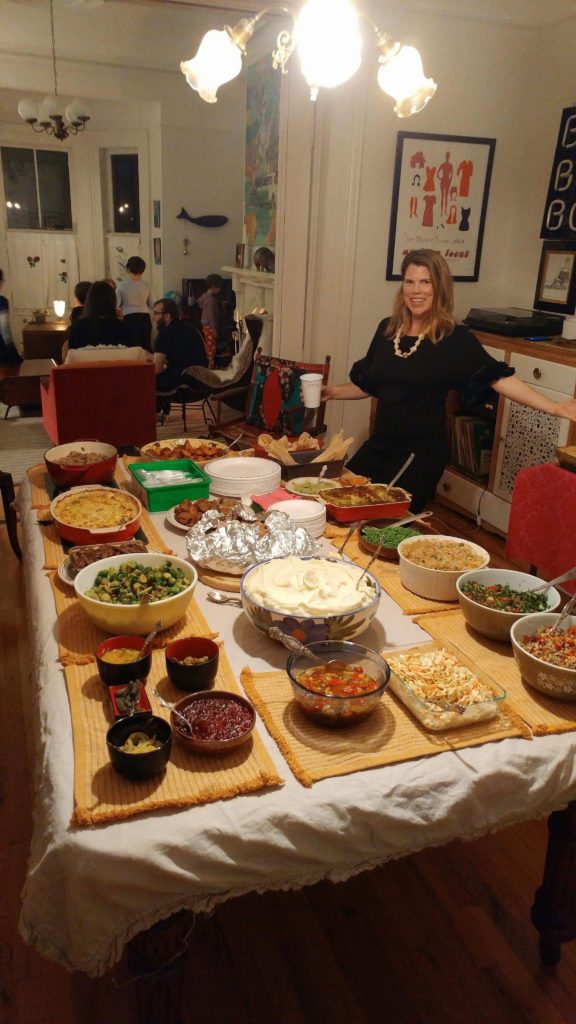
And now: time to host.
Then again, there are limits. I have assimilated far enough. In the next room, I hear my daughter’s stormtrooper doll say, “I knows yer fadder” to Luke Skywalker. But she will not throw a handful of savoury over dry crumbs and call it “dressing.” She will sauté onions and celery in too much butter with sage. She will add a bay leaf and she will forget to take it out before we insert the “stuffing.”
This weft of heritage and weave of adopted custom is not a compromise. It is, apocryphally, the origin of Thanksgiving. Being grateful for what you’ve been given and grateful for what you can give is the point of all the cooking. But neither giving nor taking are simple, especially when tangled in identity and family. Thanksgiving is at once the most relaxing and the most fraught of holidays.
It remains relatively uncommercial but is always emotional. No one insists on the crudité platter every year because they love raw vegetables. We are insisting on our place at the table; on being recognized for what we believe we are within our family, within our group of friends, within our community. This most important Thursday each year is wonderful, but it is irritating and fighty and nerve-wracking and at times embarrassing or depressing.
Every year at this time, I am manic: enough energy to cook for 60; waves of happiness at my fortune; love for my partner and my daughter and our home; troughs of homesickness and claustrophobia and resentment at the confines of immigration and island geography.
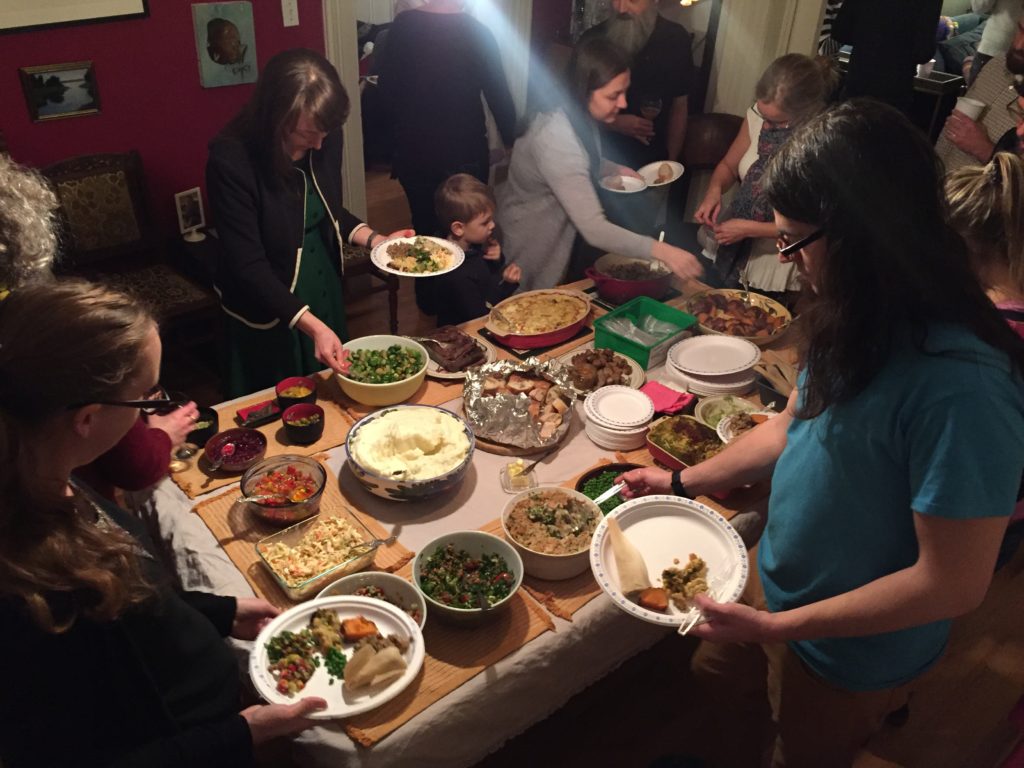
Success!
And though my easy woes are my own, I have borrowed the antidote from generations of Newfoundland women. I pick my own cranberries, not because my family foraged, but because I found a secret spot for them. I have come to suspect these “spots” aren’t jealously guarded because anyone’s nan gave a damn about sharing cranberries. It is the call of the elbow room. With only a stray minke heaving sighs beneath your cliffs, the state of knowing that no one you love can reach you, even if they “need” to, is the kind of peace right before the full deluge of the holidays for which I thank thee, smiling land.

